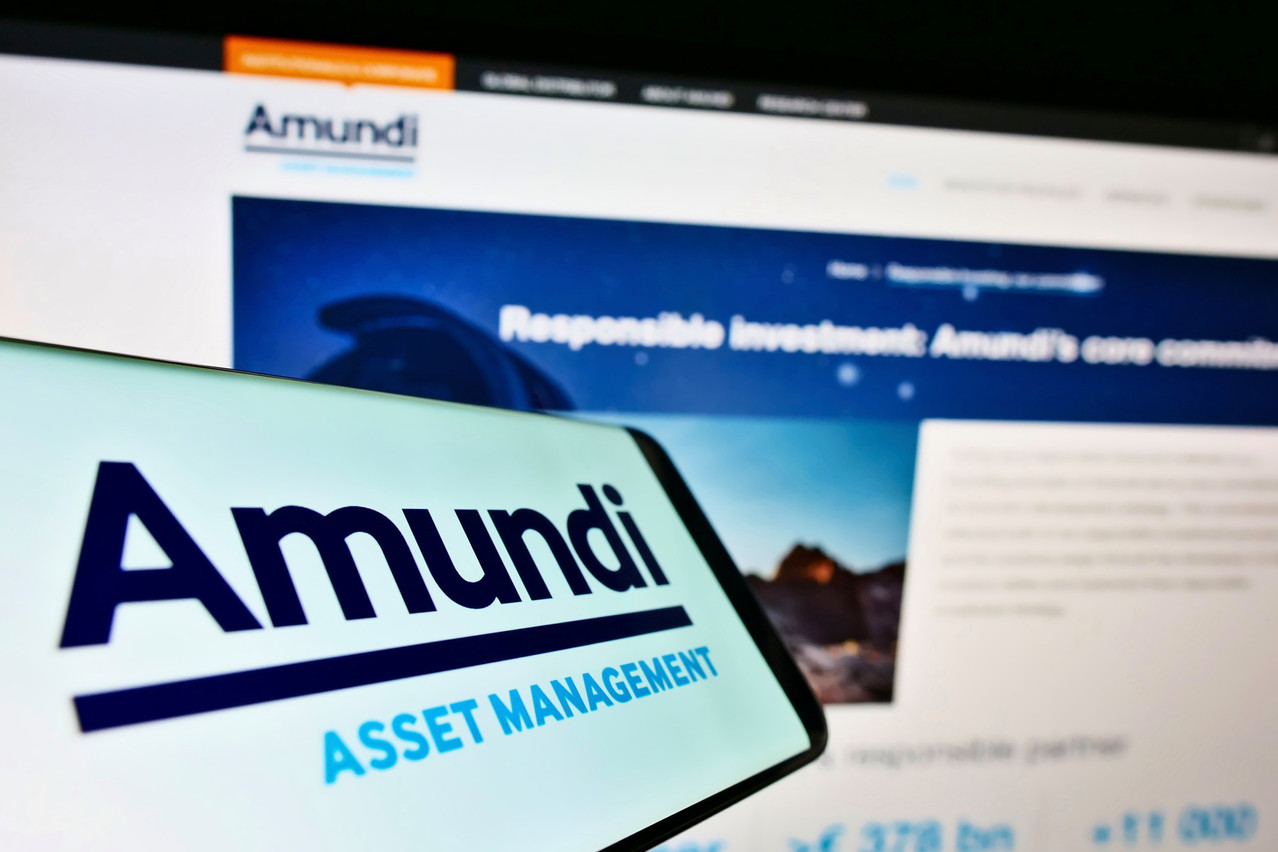Amundi--along with Blackrock, DWS, BNP Paribas and Candriam--topped the ESG fund tables in a report recently released by PwC Luxembourg.
The consultancy’s emphasised that asset and wealth managers must adapt to evolving regulations and capitalise on the growing demand for sustainable investments to thrive in this dynamic industry.
Key regulation driving sustainable investing
The report states that the Sustainable Finance Disclosure Regulation is significant legislation that has cemented the EU’s position as a leader in sustainable investing.
The SFDR requires all financial market participants to disclose information about their incorporation of ESG factors in investment processes, resulting in a surge of 10,154 ESG funds by the second half of 2022.
Rise and reclassification of funds
The data presented in the report indicates a robust growth in article 8 funds, which more than compensated for the slight reduction in article 9 funds during the same period.
Notably, many asset managers opted to reclassify their funds from article 9 to the less stringent article 8 category, attributing this shift to concerns over the former’s more demanding requirements.
.
AuM growth
The report highlights the progress of ESG assets under management (AuM) in line with projected growth. As of H2 2022, EU-domiciled Ucits ESG assets totaled €5.1trn, with 93.3% classified as article 8 and 6.7% as article 9.
This accounts for an impressive 57% of the total EU-domiciled Ucits AuM, representing a substantial increase from 52% in the first half of 2022.
Luxembourg tops the list of EU ESG funds registrations by number as well as by total AuM.
However, it’s worth noting that the majority of this growth stems from existing funds that underwent reclassification as either article 8 or article 9 funds.
New funds, while emerging, still constitute a relatively small fraction (4.5%) of EU Ucits ESG assets. Nevertheless, industry experts expect this share to expand as newcomers gather momentum.
The top five article 8 fund managers by assets under management at the end of 2022 were Blackrock (€378.8bn), Amundi (€269.7bn), DWS (€174.1), BNP Paribas (€172.6bn) and Goldman Sachs (€166.6bn), PwC said. By number of funds the article 8 leaders were Amundi (451), BNP Paribas (254), DWS (242), Eurizon Asset Management (203) and Blackrock (191).
The top five article 9 fund managers by assets under management were Pictet (€25bn), Candriam (€21.9bn), Handelsbanken (€19.9bn), BNP Paribas (€16.3bn) and Amundi (€16bn), while the European article 9 leaders by number of funds were Amundi (33), Candriam (30) Mirova (27), Axa Investment Managers (22) and CPR Asset Management (20).
Future projections
PwC’s latest projections pointed to a promising future for ESG Ucits assets based in the EU. Forecasts suggest that these assets will reach up to €7.9trn by 2025, making up approximately 60% of the total Ucits AuM domiciled in the EU.
The full report is available .
